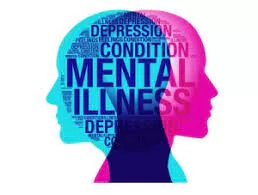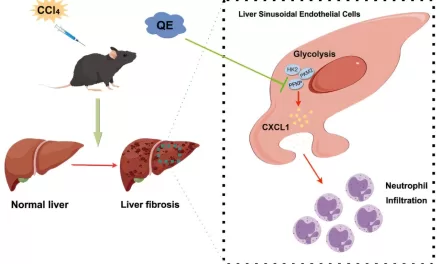In a world where discussions about anxiety, depression, and stress are becoming more common, men’s mental health remains a largely neglected area. Experts revealed on Thursday that about 40% of men in India do not talk openly about their mental health due to the fear of stigma.
International Men’s Health Week, observed annually from June 10 to June 16, aims to raise awareness about men’s health issues. Despite this, the silence surrounding men’s mental health persists, driven by deeply ingrained societal norms and misconceptions.
“The lack of discussions about men’s mental health or their propensity to seek help, along with the growing suicide rates, may be explained by the male gender norms that are socially constructed,” said Dr. Samir Kumar Praharaj, Professor and Head of the Department of Psychiatry at Kasturba Medical College and Hospitals, MAHE, Manipal, in an interview with IANS.
Dr. Shyam Bhat, Psychiatrist and Chairperson of LiveLoveLaugh, emphasized that around 40% of Indian men remain silent about their mental health primarily due to stigma and the erroneous belief that men should manage their emotions independently. “Men are often expected to embody strength, resilience, and emotional stoicism, which makes expressing feelings or seeking help seem shameful,” Dr. Shyam added.
Biological and hormonal influences, such as testosterone, also play a role in shaping men’s emotional responses. Men often mask their emotions, as society has historically dictated that they should not show vulnerability. “When depressed, men are more likely to display aggression and anger rather than sadness, unlike women, who may be more in touch with their sadness and vulnerability,” Dr. Shyam noted.
This tendency to internalize struggles leads many men to suffer in silence, become isolated, or resort to substance abuse. These factors contribute to a significantly higher suicide risk among men, with male suicide rates being 2.5 times higher than those of women.
Experts like Dr. Samir and Dr. Shyam call for comprehensive awareness campaigns and educational programs to dismantle the myths and stigma associated with mental health disorders. They stress the importance of fostering open conversations about mental health.
Dr. Samir highlighted the importance of healthy habits, such as regular exercise, mindfulness activities, and creative outlets, for better mental health. He emphasized, “The focus should be on changing the perception of male masculinity and encouraging men to take their mental health issues seriously and seek help when needed.”
As International Men’s Health Week comes to a close, it is crucial to remember that addressing men’s mental health is not just a matter of health policy but also a societal responsibility. By shifting perceptions and promoting open dialogue, we can create an environment where men feel safe to seek the support they need.












